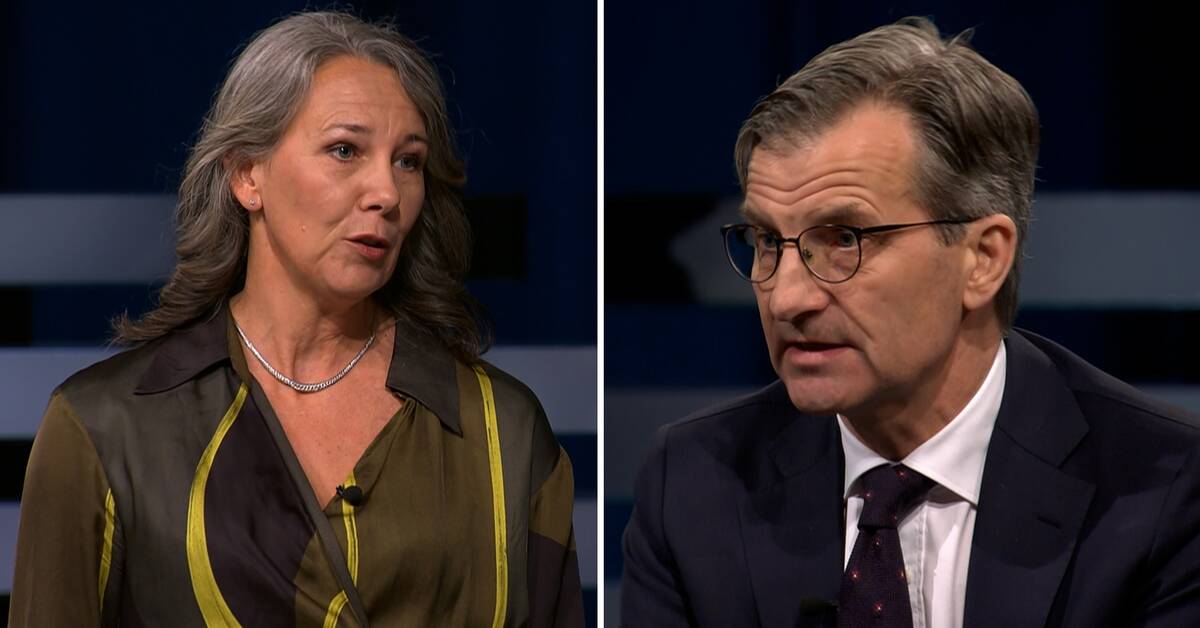Annika Winsth is primarily concerned that continued rapid interest rate hikes will lead to a financial crisis.
"If you end up in a financial crisis in Sweden and there is a housing crisis, it's ten lost years," she says.
Winsth: Inflation on the decline
She points out that interest rates have been very low for a long time and that households and businesses have not been prepared for the rapid increases of the past year.
"Sweden is significantly more sensitive to interest rates than many other countries because households borrow on a variable basis. This means that the risk is a little greater here.
Winsth also believes inflation is on the decline, partly because commodity prices have fallen.
The Governor of the Riksbank is not as convinced of this.
"It's also in our forecasts that it will come down pretty quickly. The problem is that it has been in our forecasts throughout 2022 and that has not yet happened.
'Tough on households'
The assessment that the interest rate will be raised by 25-50 basis points in April remains, but Thedéen does not rule out that the interest rate may remain unchanged.
What speaks in favor of an increase is that some indicators have performed worse than expected in the previous interest rate decision, says Thedéen, but it is also not excluded that the interest rate will remain unchanged. Developments over the next few weeks will decide.
He also points out that the bank turmoil has led the market to expect lower interest rates going forward than previously thought.
Thedéen says it will be tough for households, but disagrees with those who say banks have lent too much.
He says banks have stress-tested borrowers to meet mortgage rates of 6-7 percent.

